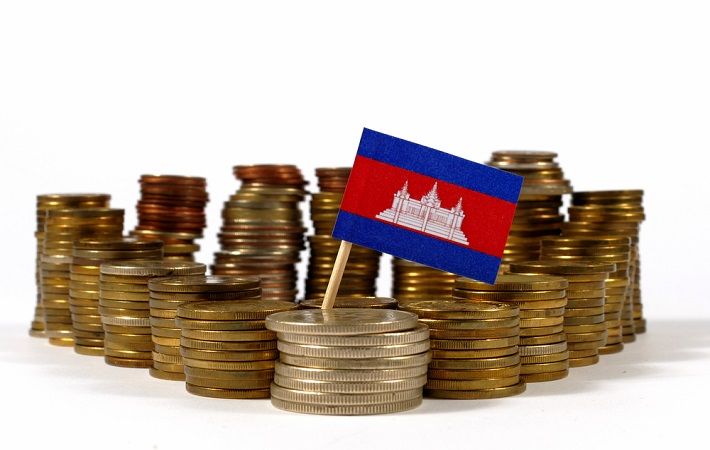Cambodia can regain economic growth by boosting productivity: WB

The dramatic slowdown in output can be attributed in large part to the pandemic, but Cambodia’s dependence on a narrow range of products, markets, and financing sources left it poorly positioned to absorb the shocks, according to the report, Resilient Development, a Strategy to Diversify Cambodia’s Growth Model.
Five products – garments, footwear, rice, cassava, and tourism – have accounted for 80 per cent of Cambodia’s total exports in recent years, while just two markets – the European Union and the United States -- take 69 per cent of merchandise exports. Labour productivity is low due to low levels of skills and training and low ‘total factor productivity’, a measure of how efficiently a country uses labour and capital in aggregate. In addition, the country’s low savings rate and low domestic investment have led to a heavy reliance on external financing sources.
“Getting back to a sustainable growth path will require an ambitious reform agenda that focuses on improving the capabilities of Cambodia’s firms, workers, and households; strengthening regulations to address market distortions and improve the enabling environment for business; and investing in infrastructure that supports higher quality growth,” said World Bank country manager for Cambodia Maryam Salim. “A number of short- and medium-term policy actions can support an economic recovery strategy that will allow Cambodia to build back better after the COVID-19 crisis.”
Cambodia has many options to address the lack of diversification and build back stronger. Investing in human capital, supporting more efficient resource allocation through improved market institutions, and improving public investment management can help boost productivity. Upgrading contributions to global value chains, creating added value in agriculture, and increasing competitiveness in the services sector could diversify exports. Promoting higher savings, encouraging foreign investment in the most productive sectors, and improving financial access could support domestic investment, the World Bank report said.
Fibre2Fashion News Desk (KD)
































-Ltd..jpg?tr=w-120,h-60,c-at_max,cm-pad_resize,bg-ffffff)





.jpg?tr=w-120,h-60,c-at_max,cm-pad_resize,bg-ffffff)
.jpg?tr=w-120,h-60,c-at_max,cm-pad_resize,bg-ffffff)






